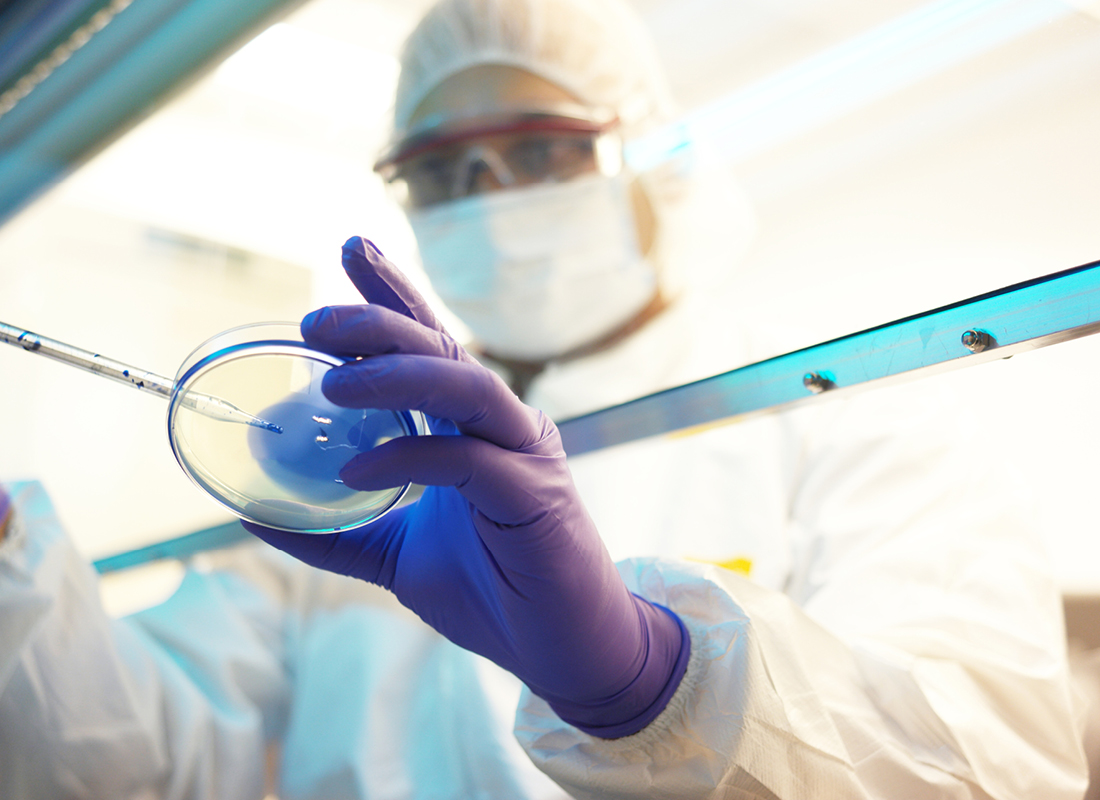CDC Withdraws Recommendation of Testing for Asymptomatic Individuals After Close Exposure to COVID-19
The U.S. Centers for Disease Control and Prevention (CDC) raised eyebrows on Aug. 28 when it revised its COVID-19 testing guidance to suggest that testing is not necessarily a must for asymptomatic individuals who have been in close recent contact with a person confirmed as having a COVID-19 infection. The new guidance departs from not only medical consensus but the agency’s previous recommendations. The CDC’s New Testing Recommendation According to the new guidance, if you have been in close contact (within 6 feet) of a person with a COVID-19 infection for at least 15 minutes but do not have symptoms, you do not necessarily need a test unless: You are a vulnerable individual; or Your health care provider or State or local public health officials recommend that you get tested. Testing negative does not rule out the possibility of developing an infection from the close contact later, the CDC explains. But the does recommend that those with close contact self-monitor for symptoms and follow guidelines for testing of symptomatic individuals if they develop. What Is Going On? Previously, the CDC recommended that anybody with a “recent known or suspected exposure” to the virus get tested regardless of whether they have […]

The U.S. Centers for Disease Control and Prevention (CDC) raised eyebrows on Aug. 28 when it revised its COVID-19 testing guidance to suggest that testing is not necessarily a must for asymptomatic individuals who have been in close recent contact with a person confirmed as having a COVID-19 infection. The new guidance departs from not only medical consensus but the agency’s previous recommendations.
The CDC’s New Testing Recommendation
According to the new guidance, if you have been in close contact (within 6 feet) of a person with a COVID-19 infection for at least 15 minutes but do not have symptoms, you do not necessarily need a test unless:
- You are a vulnerable individual; or
- Your health care provider or State or local public health officials recommend that you get tested.
Testing negative does not rule out the possibility of developing an infection from the close contact later, the CDC explains. But the does recommend that those with close contact self-monitor for symptoms and follow guidelines for testing of symptomatic individuals if they develop.
What Is Going On?
Previously, the CDC recommended that anybody with a “recent known or suspected exposure” to the virus get tested regardless of whether they have symptoms citing “the potential for asymptomatic and pre-symptomatic transmission.” In fact, that recommendation is consistent with numerous studies showing that persons without symptoms may still carry and transmit the virus—in the pre-symptomatic stage or even if they never develop symptoms at all.
The new recommendation has drawn heavy criticism from medical professionals and the public health community, including the College of American Pathologists (CAP) which was among the many to request that the agency point to the scientific evidence and rationale for the change in guidance. “Laboratory supply shortages are a serious issue,” the CAP acknowledged, but added that “the solution is not to halt testing of asymptomatic patients.”
Takeaway
Withdrawing the recommendation for testing of asymptomatic individuals after recent exposure is a head scratcher and out of whack with findings showing that 30 percent of those who test positive for COVID-19 do not have symptoms. In the current political environment, it was inevitable that the CDC would be accused of bowing to White House pressure to reduce COVID-19 testing numbers ahead of the presidential election. Whether the accusations are true or not, the sad truth is that the CDC has gotten caught up in politics at a time when the country most desperately needs an objective source of scientifically sound guidance to keep the public safe from the most severe public health threat in a century.
Subscribe to Clinical Diagnostics Insider to view
Start a Free Trial for immediate access to this article